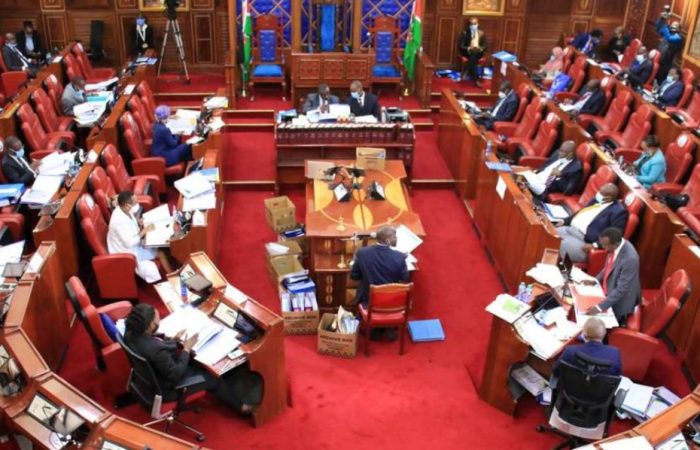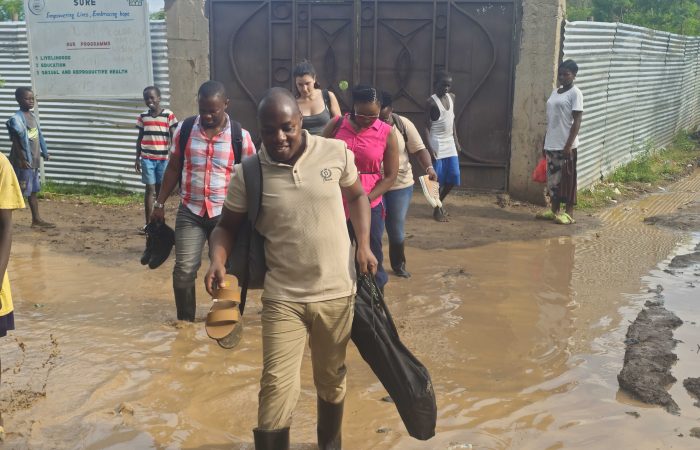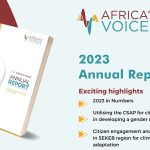In Somalia, where tradition and culture often overshadow women’s voices, a remarkable change has been noted. It wasn’t fueled by grand gestures, but by the gentle hum of radio broadcasts that had become the lifeline for women like our respondent for this case study, whom the story will name Halima (not her real name).
Halima was eager to share her views on the radio programs that had become a beacon of hope for women’s health in her community. “I think the radio programs are a great way to raise awareness about important issues affecting women’s health in Somalia,” she said, her voice filled with conviction. “The topics of discussion were all relevant and important, and I think the shows do a good job of providing information and practical advice to listeners.”
She stressed the importance of the focus on Female Genital Mutilation (FGM), a deeply entrenched practice that had taken a toll on countless lives. “FGM is a harmful practice that has lasting negative consequences for women’s health,” Halima emphasized. “Discussing it openly on the radio helps break the silence and encourages change.”
“Have you ever participated in the shows by sending an SMS?” Halima was asked. “I participated in the shows and sent SMS, particularly to the FGM episode. It felt empowering to be part of the conversation and contribute to raising awareness,” she responded.
The conversation shifted to the lessons Halima had gleaned from the programs. “I learned that FGM is a harmful practice that can have lasting negative consequences for women’s health,” she said thoughtfully. “I also learned the roles of traditional midwives in advancing access to women’s health and realised that radio programs are valuable in spreading positive health practices, such as the use of sanitary pads instead of clothes. I also learned that it is important to replace sanitary pads around three times a day to maintain good hygiene.”
Halima believed that these programs had already made a significant difference. “The program was impactful as it improved our awareness of women’s health,” she explained. “It helped us understand the importance of issues like sexual and reproductive health, gender-based violence, and FGM.
Although different audience groups have different levels of comprehension, most of them now understand that sexual health is a fundamental human right and that all women should have access to quality services.”
Halima continued, “They also understood that GBV is a serious problem in Somalia and that it is important to address the root causes of GBV, such as gender inequality and discrimination. Finally, they understood that FGM is a harmful practice that has lasting negative consequences for women’s health and well-being. It is important to continue educating the public about the harms of FGM and to support efforts to end this practice.”
As the interview concluded, Halima had a suggestion for future topics. “There is a lot of needed information in society, like the use and preparation of balanced nutrition, especially for pregnant and lactating women,” she suggested. “Other relevant topics to be discussed in the next episodes could include: the importance of prenatal care, the benefits of breastfeeding; how to cope with stress; and how to build healthy relationships, especially for the young generation. These are just a few ideas, and there are many other topics that could be covered. The most important thing is to choose topics that are relevant to the Somali audience by assessing their preferences.”
Halima’s story was a testament to the transformative power of open discussions and the reach of radio programs. In a society where women’s voices were often silenced, these programs had become a lifeline, illuminating the path toward a healthier, informed, and empowered future for Somali women.
Photo Credit: Charles Fred




